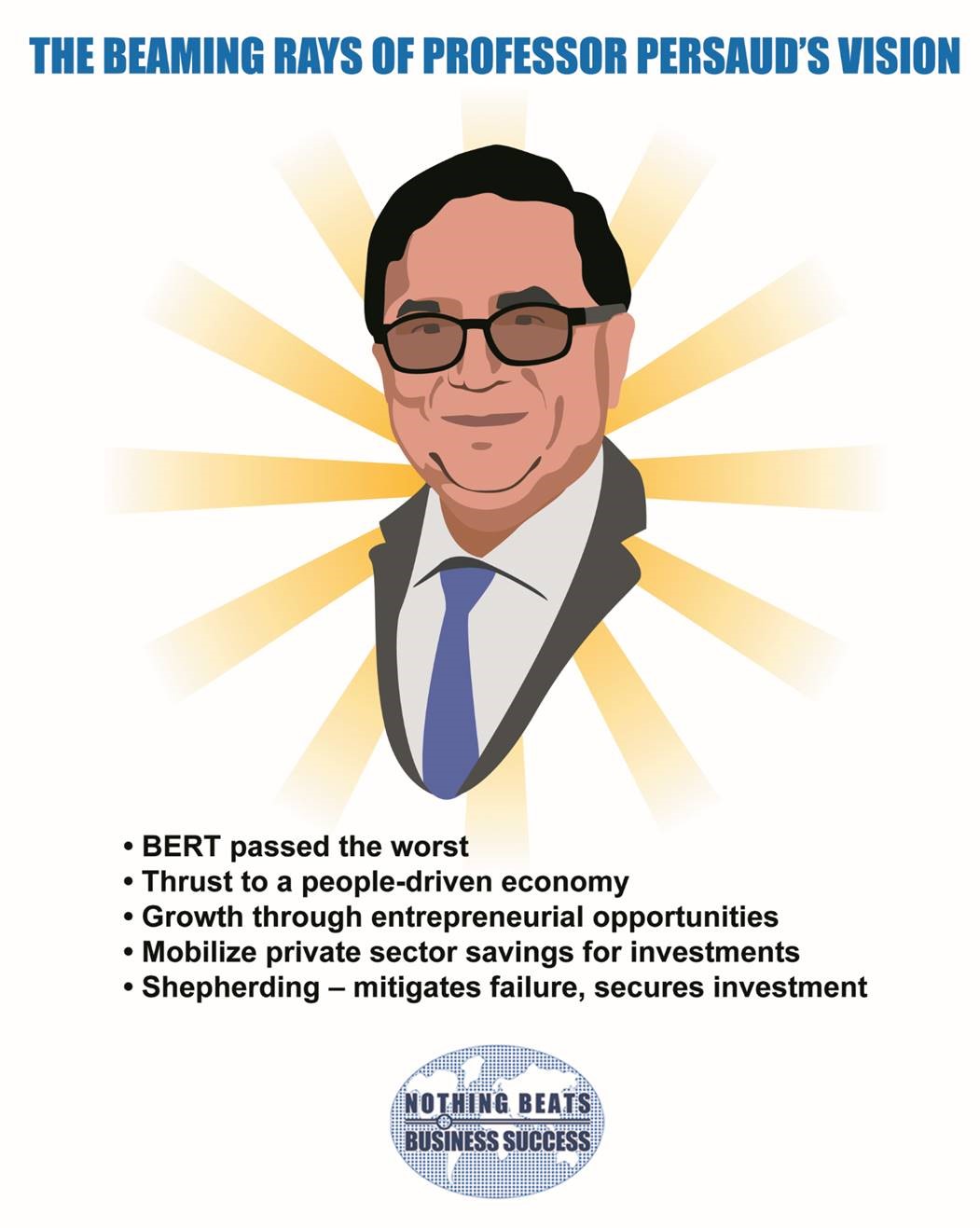“For I know the plans I have for you,” declares the Lord, “plans to prosper you and not to harm you, plans to give you hope and a future.” – Jeremiah 29:11
Barbados’ Prime Minister Mia Amor Mottley passionately delivered the 16th UNCTAD Raúl Prebisch Lecture – “Invisible Yet Indispensable” – in Geneva, Switzerland, on September 10, 2019. Her message was that, if ever there were a time when the world needed an international order to harness global efforts to tackle challenges too significant for any one nation, it is today. She focused on Climate change and the harmful impact of which is the lived reality for an increasing number of countries. She concluded, it is time to reinvent the international order. One that builds local resilience as well as promotes global competitiveness, for it will not stand if many of its members feel invisible and dispensable.
On October 4, Barbados Today reported that Professor Avinash Persaud, the Government’s chief economic adviser, shared that Barbadians have gone through the worst of the austerity period under the homegrown International Monetary Fund-backed economic restructuring programme. In addition to the restructuring of the national debt, he advised that the government, after public sector layoffs, has embarked on digitizing the public sector and retooling and retraining ex-public workers.
The next step in the programme is growing the economy. Professor Persaud said while the focus should be placed on technological developments, entrepreneurship, and youth development, the most critical change required is to shift from being production-driven to a people-driven economy.
There is a home-grown Shepherding Model ready to be implemented. This Model consists of four well-documented systems: (1) The identification and selection of entrepreneurs with export potential projects; (2) the assignment of a shepherd from “Day 1” to implement the Shepherding practice with the support of a well-researched shepherding tool; (3) the attractive and innovative capitalization of an investment fund, which mobilizes private-sector savings for investments; and (4) an integrated seed, equity and working capital fund management system designed to meet the needs of the entrepreneur at every stage along the journey to sustainable success.
The two most essential observations associated with the Shepherding Model are: (1) the traditional loan instrument is not appropriate for start-up entrepreneurs, and (2) Shepherding mitigates the risk of business failure and hence secures the seed/equity/working capital investment.
The single most important constraint is the appropriate capitalization of the seed/equity/working capital investment fund. The solution for this lies in the Prime Minister’s call for an international order to harness global efforts to tackle challenges too significant for any one nation.

As we escape from the worst of the austerity period under the International Monetary Fund backed Barbados Economic Recovery and Transformation (BERT) program, we emerge to an expectation of better things ahead. The beaming rays of Professor Persaud’s vision, which penetrate an atmosphere of struggle, shed hope for a better future.
